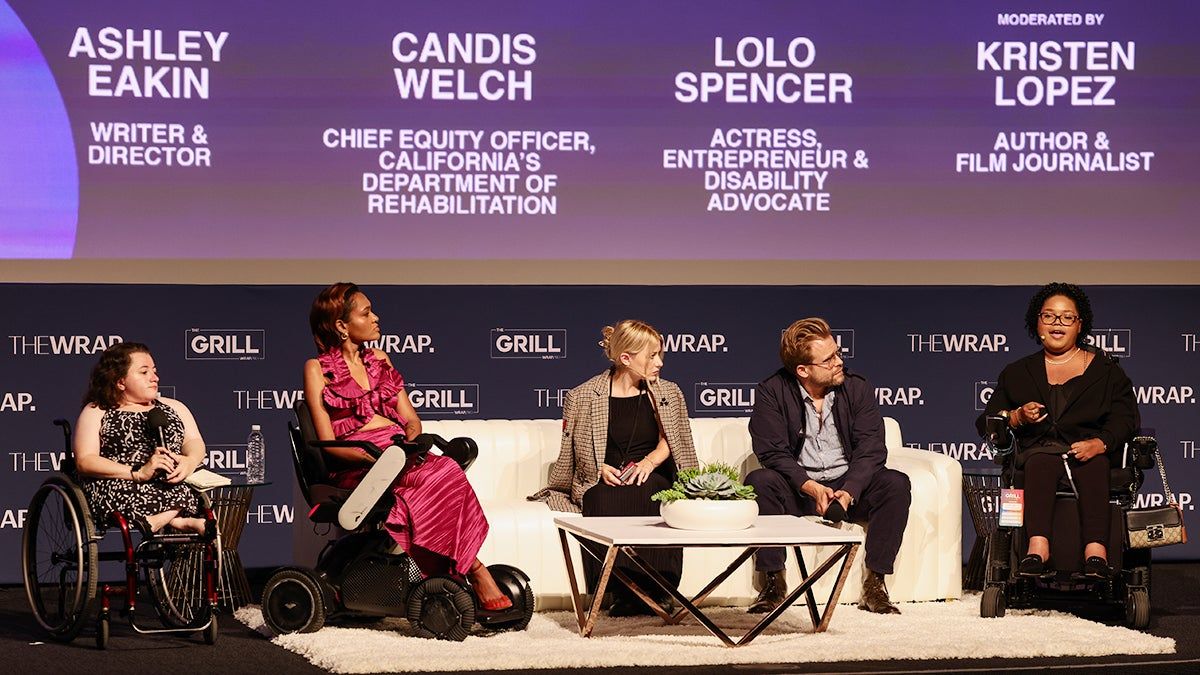AI Revolution: Can Technology Truly Unlock Disability Inclusion in Entertainment?

The rise of artificial intelligence (AI) has spread like wildfire through every sector, including the entertainment industry. However, critics warn that as AI becomes increasingly pervasive, concerns are growing about its potential impact on disability inclusion and representation.
During a recent panel presentation by Easterseals Disability Services at TheWrap's 2024 Grill conference, experts echoed the fears of ableism and bias in contemporary industries. Actor Lolo Spencer pointed out, "The [disability] community is always up against an idea that if you live with a disability, you are either less than or not good enough."
However, other panelists emphasized the potential benefits of AI for disabled creatives and consumers. Alpha Studios' visual effects supervisor and CEO Kaitlyn Yang highlighted how AI-powered tools could provide assistance to those who struggle with accessibility issues, such as text-to-speech functionality.
Charisma.ai co-founder and CEO Guy Gadney also acknowledged that while there are valid concerns about AI replacing jobs, he believes the potential benefits warrant a reframed discussion. "We need to focus on creating new avenues for creatives and others," he stated.
Another expert, director of product design Dilip Jagadeesh, proposed the development of AI tools that can increase visibility and representation of disabled characters in content. His vision includes AI-generated sign language on movies and TV shows.
Comedian Adam Conover pointed out that while the executives who run the industry must acknowledge their own humanity to make changes, relying heavily on AI may perpetuate existing biases. Disability rights advocate Emily Kranking echoed this sentiment, warning about the inherent biases in AI systems and the need for diverse representation.
In response, Easterseals emphasized the importance of collaboration and human-centered design. As AI continues to evolve, it is crucial that disabled individuals are central in shaping its future.
"This technology presents both opportunities and challenges," stated Jane O'Neill, VP of disability services at Easterseals. "By working together, we can unlock AI's full potential to enhance accessibility and representation for the entire entertainment industry."
As the entertainment industry becomes increasingly intertwined with AI, it is essential that stakeholders prioritize collaboration, diversity, and inclusivity. Can technology truly unlock disability inclusion in the entertainment industry? The answer lies in embracing human-centered design and harnessing AI's potential to create a more diverse and accessible universe.
